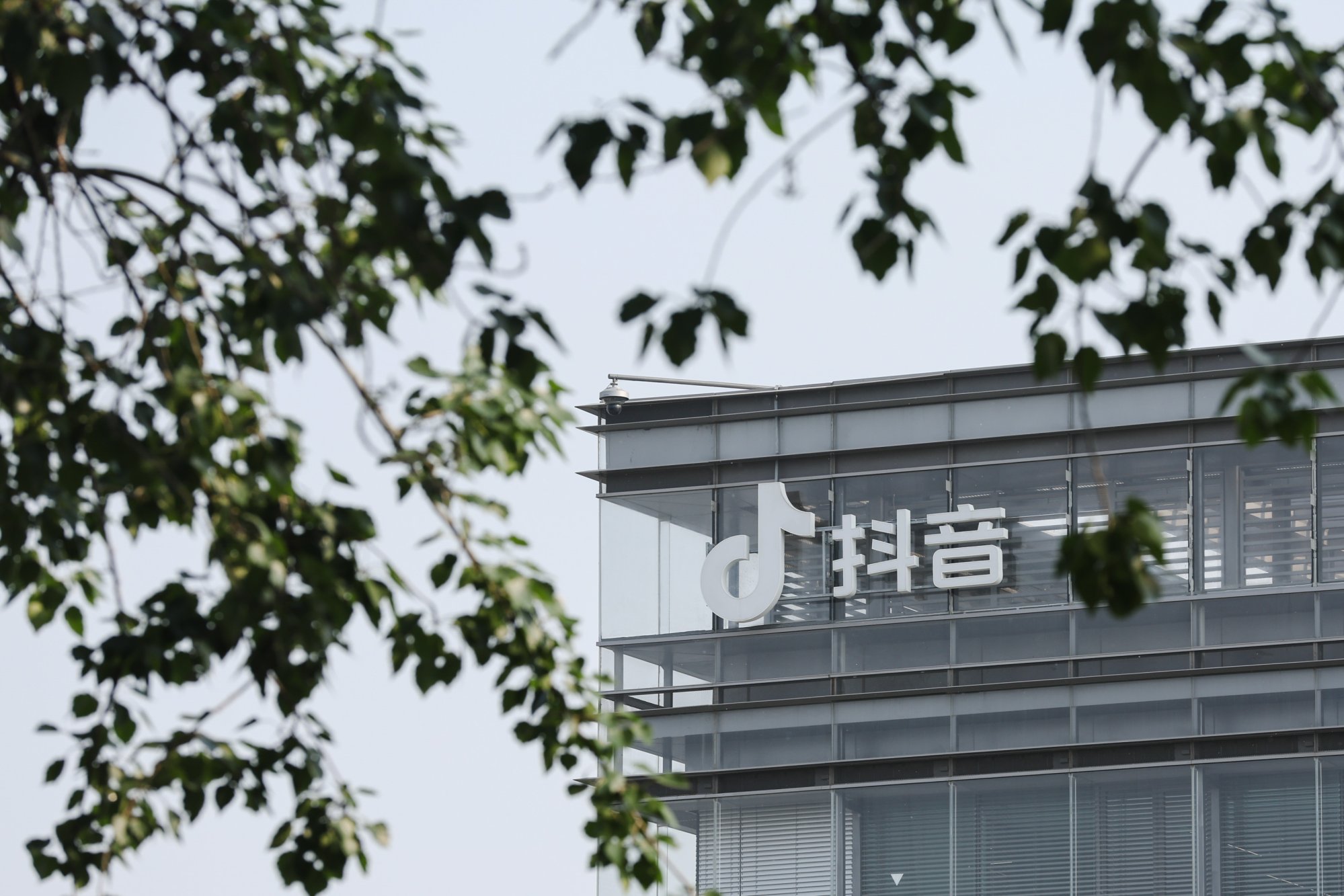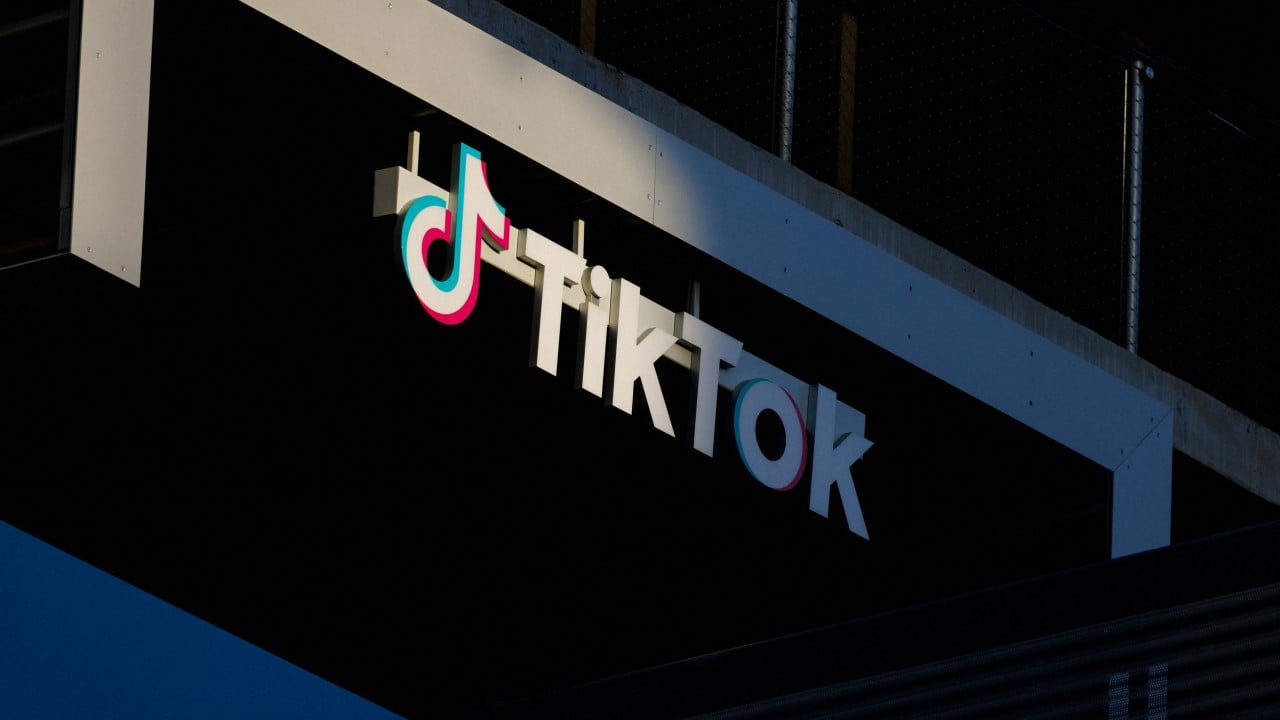TikTok automatically tags external AI-generated content as Chinese version Douyin works on similar standard
TikTok’s Chinese sibling Douyin is working on technologies similar to what has been adopted by its global counterpart to automatically label artificial-intelligence-generated content (AIGC) reposted from external platforms.
TikTok announced on Thursday that it began automatically labelling AIGC from other services by detecting metadata tagged to the images or videos. The feature will soon be extended to audio, the company said.
Douyin and TikTok, both owned by Beijing-based ByteDance, have for the past year required creators to label AIGC uploaded to their respective platforms. TikTok has already been automatically labelling content created with the app’s own AI effects.
TikTok’s initiative is separate from that of Douyin, which may choose not to use the same tagging tool because the two apps target different markets, according to a person familiar with the matter.

ByteDance did not immediately respond to a request for comment on Friday.
The tagging technology, developed by the Coalition for Content Provenance and Authenticity (C2PA), attaches tamper-resistant metadata to all types of content, making it simpler to recognise the source of information.
Google, Meta Platforms, Adobe and ChatGPT creator OpenAI have all announced plans to implement C2PA’s “content credentials” technique. TikTok said on Thursday it will also adopt the technique over the next months, so that other platforms can verify content reposted from the app.
But metadata tagging is not perfect, because it is not yet possible to identify all AIGC and there are ways to get around it, such as by taking a screenshot of an AIGC image, although the “content credentials” technique will indicate files that do not have historical data, according to C2PA.
Douyin, which has more than 600 million daily active users, has been working on a similar initiative in China. In May last year, it published a standard for adding labels and metadata to AIGC, but it has yet to reach industry-wide adoption.
It comes amid rising public scrutiny in China and abroad over the harmful impact of AI.
Douyin, for example, received complaints earlier this year from a Ukrainian YouTuber, who said her face and voice had been cloned to create videos of a fake Russian woman selling products in China. She was angry not only because her identity was stolen, but also because her homeland is at war with Russia.
Last year, a Chinese clothing brand came under fire for using AI to change the face of a salesperson to resemble actress and singer Yang Mi during a live-streaming session.


